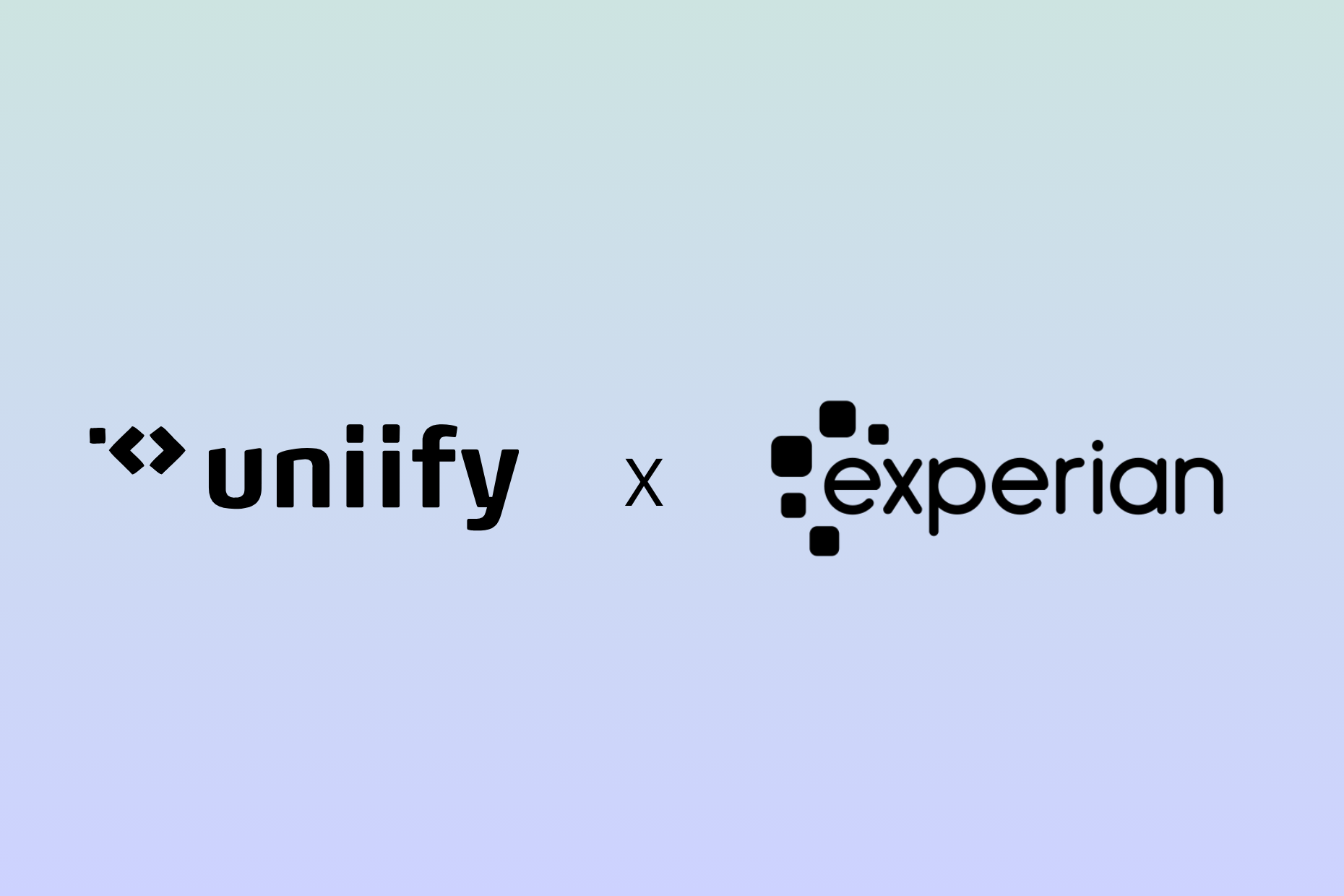
Welcome to the world of Know Your Customer (KYC) and Know Your Business (KYB) regulations! If you're in the finance industry, you've likely encountered these terms before. But do you truly understand the differences between KYC and KYB?These two acronyms may seem similar, but their applications and requirements can vary significantly. This blog post aims to demystify KYC and KYB, shedding light on their differences and helping you stay compliant with Anti-Money Laundering (AML) regulations.
So, let's dive in!
Heading
KYC and KYB: The Basics
At their core, KYC and KYB serve as due diligence processes that help financial companies verify the identity of their customers and clients. These procedures are crucial in the fight against money laundering, terrorist financing, and other financial crimes. Here's a brief overview of each:
KYC (Know Your Customer): This process involves verifying the identity of individual customers by gathering, assessing, and monitoring their personal information. Financial institutions perform KYC checks to ensure they're dealing with legitimate customers and mitigate risks associated with illegal activities.
KYB (Know Your Business): Similar to KYC, KYB focuses on verifying the identity of businesses, corporations, or other legal entities. This process involves gathering, assessing, and monitoring information about companies, their owners, and their management structure. KYB helps financial institutions ensure that they're dealing with legitimate businesses and helps to prevent money laundering and other illicit activities.
Key Differences Between KYC and KYB
While both KYC and KYB processes involve identity verification and due diligence, there are several key differences between the two:
Scope:
KYC primarily focuses on individual customers, while KYB targets businesses and legal entities. KYC checks involve collecting and verifying personal information like name, date of birth, address, and government-issued identification. On the other hand, KYB checks may require documents like business registration, ownership structure, licenses, and financial statements.
Legal Requirements:
Depending on the jurisdiction, financial institutions may face different legal requirements for KYC and KYB. For example, in the European Union, the 6th Anti-Money Laundering Directive (6AMLD) requires strict adherence to KYC and KYB procedures to prevent financial crimes.
Risk Assessment:
KYC and KYB processes involve assessing the potential risk associated with customers and businesses. However, the risk factors considered for individuals and businesses may vary. For instance, KYC may focus on an individual's transaction history and political exposure, while KYB may assess a business's industry, ownership structure, and financial stability.
The Role of AML in KYC and KYB
AML (Anti-Money Laundering) regulations play a critical role in shaping KYC and KYB requirements for financial institutions. AML laws aim to prevent and combat money laundering, terrorist financing, and other financial crimes.
To comply with AML regulations, financial institutions must implement robust KYC and KYB processes that include:
- Customer Due Diligence (CDD):
Financial institutions must collect and verify customer and business information, assessing the risk associated with each.
- Enhanced Due Diligence (EDD):
In high-risk situations, financial institutions must perform additional checks, such as source-of-wealth assessments and ongoing transaction monitoring.
- Record-Keeping:
Organizations must maintain records of customer and business information and transactions for a specified period, typically five to ten years.
- Reporting:
Financial institutions must report suspicious activities and transactions to the appropriate authorities.
Why Choose Uniify for Your KYC & KYB Duties
Discover how Uniify can enhance your customer onboarding experience and streamline your approach to KYC and KYB compliance.
When choosing Uniify, you will gain access to:
Efficient onboarding that conserves resources and time without compromising quality or adherence to regulations.
- Tailor-made onboarding processes that represent your distinct business brand and accommodate various products and services.
- Cost-effectiveness is achieved through decreased development, operation, and upkeep expenses.
- A user-friendly form builder that facilitates crafting customized onboarding experiences without relying on an IT team.
- A comprehensive platform that enables smooth data gathering and evaluation, letting you effectively conduct KYC & KYB verifications, identity confirmation, income validation, and credit appraisals.
Secure data transmission ensures the secure processing and exchange of personal information between your organization and your customers.
Understanding the differences between KYC and KYB is crucial for financial institutions looking to comply with AML requirements. By choosing Uniify for your KYC and KYB duties, you can streamline your customer and business onboarding processes while ensuring compliance with the latest regulations.
Ready to take the next step towards a more efficient and compliant KYC and KYB process?
Discover today how Uniify can change your organization's approach to identity verification and due diligence.
Book a demo!




